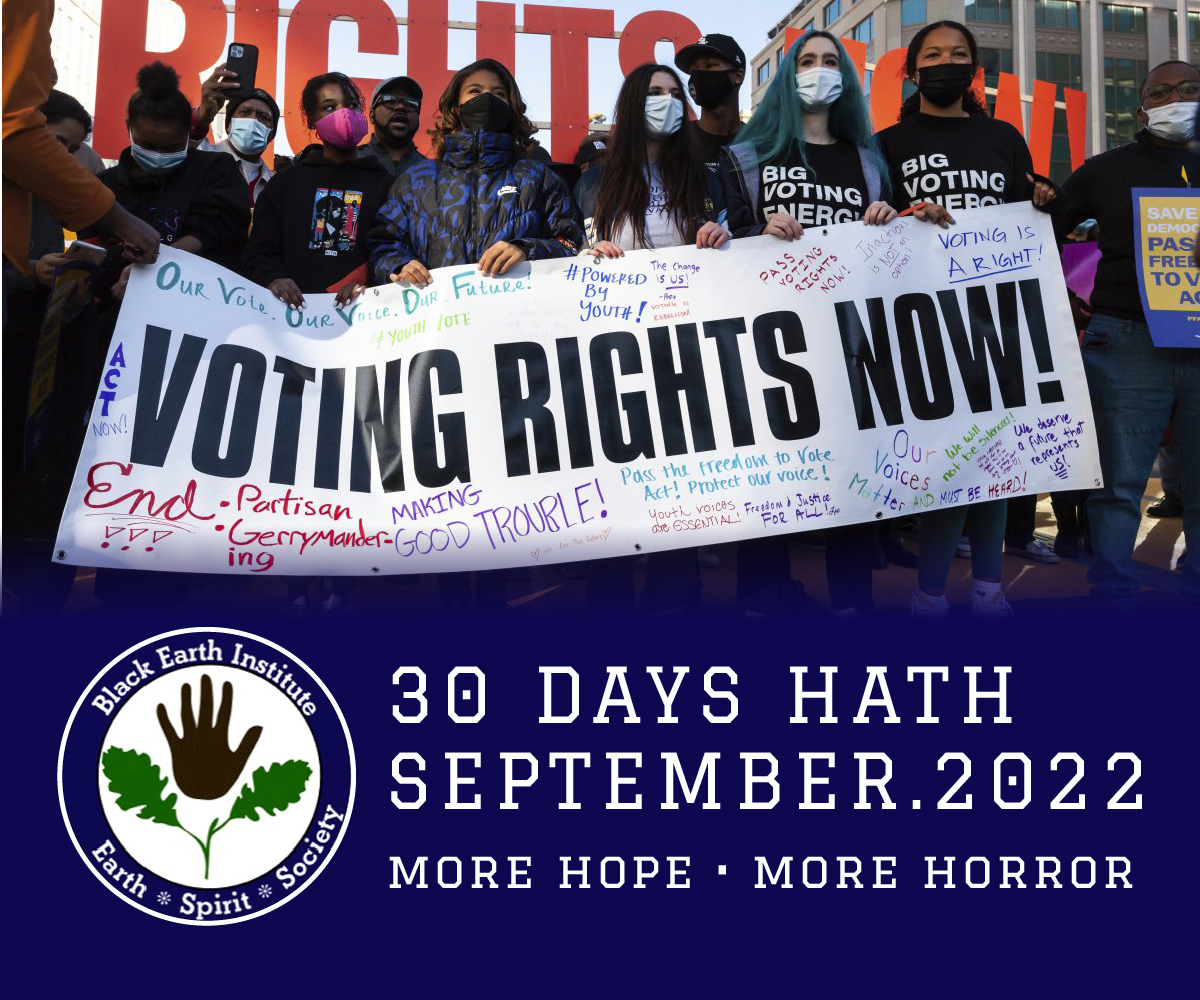
Photo credit: National Education Association
BY ANN FISHER-WIRTH
I have just retired from the University of Mississippi after fifty years of teaching. Last spring, one of my classes was Nature Writing, which I taught as a hybrid literature and creative nonfiction course in which the sixteen students read and discussed a lot of essays—many from Orion and Terrain.org—and wrote their own pieces. Each student’s work was workshopped twice, and at the end of the semester, each submitted a portfolio of at least fifteen pages, revised, accompanied by an essay in which they contextualized their work. I wanted to give my students as much freedom as possible in choosing what to write about. Here are the guidelines from the syllabus:
These are works of environmental life writing, which is autobiographical in focus and considers questions of place. I do not want you to write general, overall accounts; I want you to figure out how to confine each piece so that it brings one time, event, encounter, place, or whatever you choose to focus on, to life. I suggest you do some extensive free-writing or journaling before writing the essay, to collect memories, sense impressions, bits of dialogue, any material that will help you rediscover some aspect of your own past experience and your own place, in writing. We’ll start exploring this in class the first day.
Here are some of the things my students wrote about:
As a small child on the Gulf Coast, living through Hurricane Katrina, in which the family lost everything
Depression, alcoholism, fraternity life, Ole Miss football games, and the blessing of flowering trees
Getting to know a Japanese family who owned a small orchard in rural California, and learning about their parents’ history during World War II, in which neighbors saved the orchard even though the family was sent to an internment camp
First love, California poppies, and the fragility of both first love and poppies
Helping an old Black guy who called himself Canman saw and haul an enormous log from a forest in deeply rural Mississippi, thereby confronting his own racism and misgivings
A mother’s fight as a single woman to protect the family land from hunters, industrial exploitation, and environmental pollution, in deeply rural Kentucky
A long struggle with life-threatening anorexia, and the memory of a lake that became an
image of tranquility and peace
Nearly suicidal chronic pain caused by a spinal malformation, the fight back from despair
toward an ability to see the world
Depression, beloved cats, and the sustaining love of a big sister
Transitioning
An evangelical mother’s cruelty and rejection of a daughter who came out to her
They did beautiful work, both in their own writing and in workshopping each other’s essays.
And here’s why I am telling you this: On the last day, one of the guys said, “What’s been so great is that we got to know students we would never know in our ordinary lives—frat boys, gays, trans people, people who struggle with illness and depression, people from all different kind of backgrounds and places—and we got to respect each other and know how much we all share. It’s like we became a family.”
~~~
These times are full of suffering. So what can we offer each other, fellow members of our earth and our human and more-than-human family?
Alvar Núñez (1490?-1557?) Cabeza de Vaca was treasurer of the Narváez expedition in 1528, which attempted to conquer Florida with 400 men. All but four died in a series of events. Cabeza de Vaca wandered through northern Mexico until 1536, traveling from tribe to tribe, and it is said that in his solitude he discovered healing powers, which left him once he was reunited with the Spanish. Published in 1542, his account of his travels, prepared for the Spanish crown, is
Naufragios.
In 1936, the poet Haniel Long published The Power Within Us, which he called an “interlinear”—or fictionalized—translation of Cabeza de Vaca’s account of his journey. This interlinear account emphasizes healing, and contains a line that has been central to me for many years. My poem “For Anyone, for You,” quotes it, and tries to explore this question of offering.
For Anyone, for You
You roll your burdensome days to the top of the mountain,
then walk home through the crowded city streets
full of the ache you know,
the small lines around your eyes
guarding against your humiliation.
Come to my table and drink my wine.
Then I will cook for you, veal paprikash on thick blue plates,
and aromatic rice, and slivers of blood oranges.
We will talk as we wait for night, watching
the shadows grow, the sun as it burns vermilion.
It is so little that I offer, is it all that I can give you?
Did I becoming sage, give up the power that I once had—
One year the fire ran down my arms from the awakened
chakras, and my hands on the delicate spine
knew what they were doing.
“Your majesty,” Cabeza de Vaca wrote, “encounters
have become my meditation.” From long crossing on the desert
all his safety burned away and he found
that he could heal, with blind tenderness he
stretched forth his baffled, sunstruck fingers.
When I was young I knew touch was holy.
Delicate, small-boned spines of the bodies of strangers.
I was the lost and found, you could park your grief
and rise up new and radiant in me, as those whom
Cabeza de Vaca touched turned away into the desert, blossoming.
(published in Blue Window, 2003)

